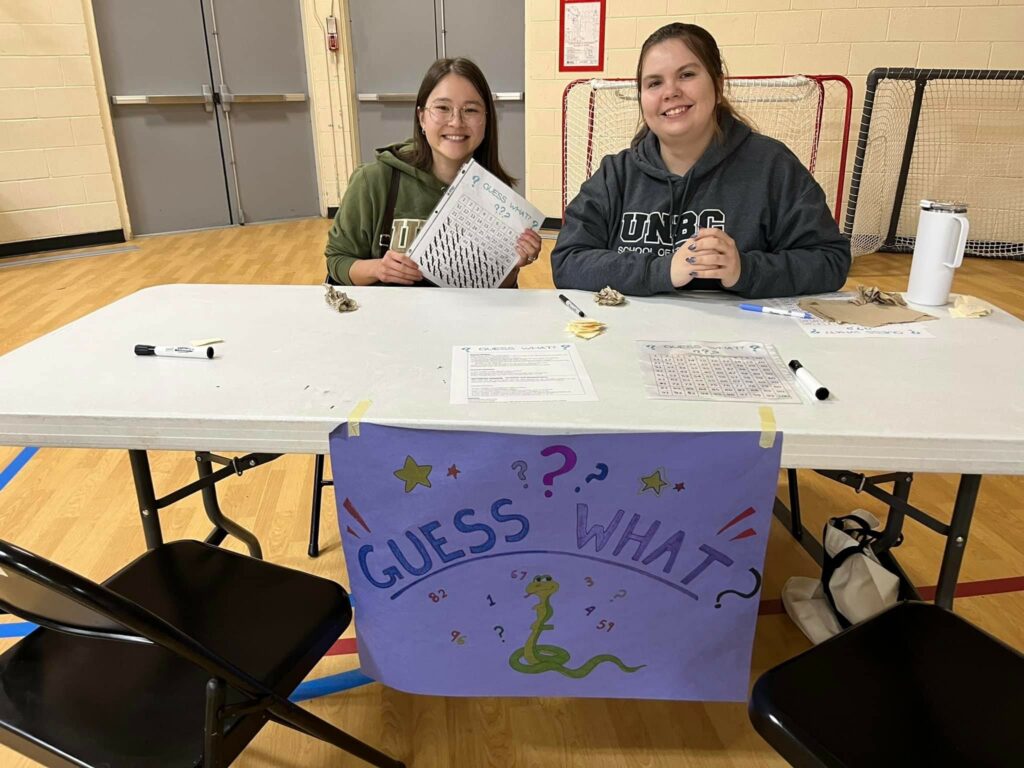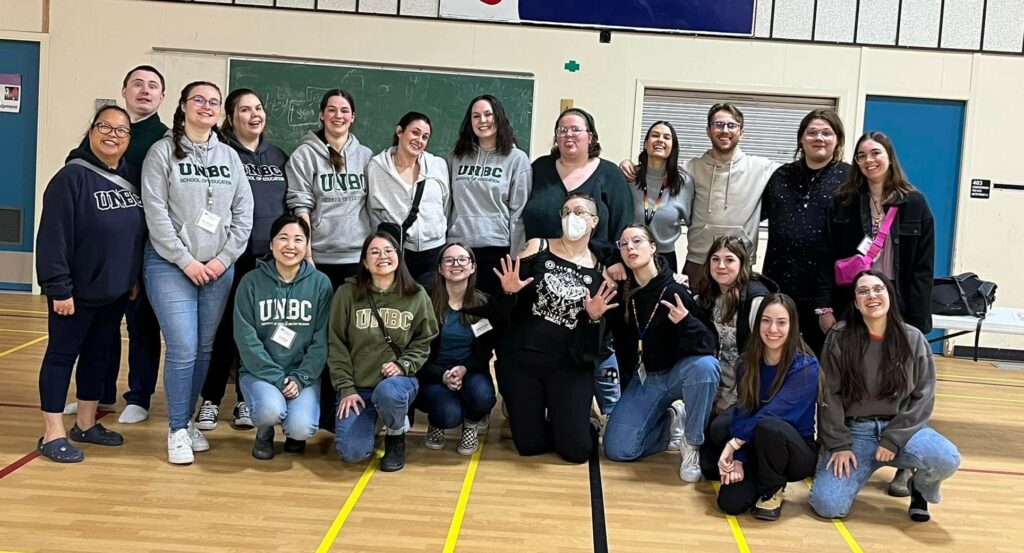“Educators value the involvement and support of parents, guardians, families and communities in schools.”
This standard encourages educators to support parents, guardians, families and communities in the school’s involvement. Helping them want to help and learn as well. Keeping them engaged can help students stay engaged as well. We did a math game night for parents and any adult in the student’s life. We made up our games and got the students to participate with the adults they brought with them. They were able to take home copies of the games they liked. Getting parents to see that helping students with math doesn’t have to be complicated. There is so many ways to help and learn math. The stigma against math is that it’s boring or only certain people can do math. Anyone can do math we have to change our thinking to help students look at the subjects they might not be strong at as something they don’t have to be perfect at but can do.
Here is the game me and my game partner Lauren came up with:
Guess What?
Games Rules: (Using a Hundreds chart)
-This Game is played like “Guess Who?”
-Both players select a number between 1-100 and write it on a slip of paper (to remember, and to stop numbers changing mid-game).
- Do not let the other player see your number!
-Take turns asking questions to figure out which number the other player has selected.
- Questions can only be answered with “yes” or “no.”
-Use the hundreds chart to keep track by placing counters on incorrect numbers.
- Example: If your opponent says they have an even number, place a button on all of the odd numbers to rule them out.
- You can use any small, flat object for this (buttons, slips of paper, etc.).
-Whoever guesses the other player’s number first is the winner.
-The player who does not win gets to ask the first question in the next game.
Example Questions:
-Is your number a (one-digit/two-digit) number?
-Is your number an (even/odd) number?
-Does your number have a 7 in it? Does your number have a 4 in it? Etc.
-Is your number greater than 40? Is your number less than 75? Etc.
Advanced Version
-The rules are the same except you are only allowed to say one-digit numbers in your questions (no two-digit numbers unless you are guessing your opponent’s number!)
Example Questions:
-Is your number a (one-digit/two-digit) number?
-Is your number an (even/odd) number?
-Does your number have a 7 in it? Does your number have a 4 in it? Etc.
-Is your number a multiple of 3? Is your number a multiple of 5? Etc.
-Is your number a primer number? (A prime number can only be divided by itself or 1)
-Is your number greater than 3 x 9? Is your number less than 7 x 8? Etc.
The games encourage parents, guardians, families and the community of the school to get more involved with their students learning. We hope that they took these home or even sparked some more ideas on how to support their students. Many students came with the adults in their lives and everyone seemed to have a good time. I think we should do more nights like this for other subjects as well. Anytime anyone takes an interest in learning for our students we should let them.



